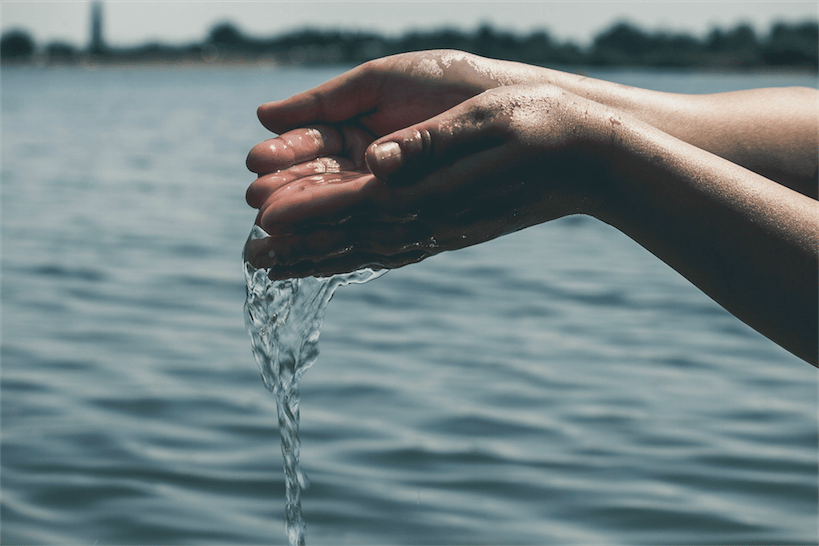
Stormwater Requirements for Businesses
by Michelle Bomberger | January 14, 2019There’s been a lot of interest lately on the plight of the southern Puget Sound Orca pod population and the impact that stormwater and other pollution may have on them. With their numbers declining, the state of Washington is considering various options to address the decline. Meanwhile, the federal government is also considering revising water quality and stormwater laws at the federal level, which could have an effect as well.
Stormwater runoff is generated from rain and snowmelt that flow over land, streets, and buildings and does not soak into the ground. The runoff picks up pollutants like trash, chemicals, oils, and dirt/sediment, which is harmful to the natural environment.
Given the nature of these industries, changing stormwater regulations impact many industrial and construction businesses. The best management practices (BMPs) are required for businesses to filter out pollutants or prevent pollution by installing controls. However, many business owners are unaware that they’re subject to stormwater control regulations and do not implement the necessary best BMPs required by law for communities and businesses to protect the natural resources from pollutants.
Here’s an overview of certain stormwater permitting requirements for businesses:
Does your business need an Industrial Stormwater General Permit?
The Industrial Stormwater General Permit (ISGP) helps industrial facilities comply with federal regulations that reduce water pollution. Washington State requires most industrial sites to monitor, measure, and reduce stormwater pollution leaving their site. This permit applies to a number of different types of businesses and entities that conduct industrial activities that discharge stormwater to a surface waterbody. A list of the regulated industrial activities is provided in Table 1 of the Industrial Stormwater Permit.
Businesses may be subject to the ISGP and/or overlap with separate city or county industrial permitting requirements for discharges into municipal separate storm sewer systems. Business owners should be diligent and check with their city or county for local requirements and with the state depending on the type of industrial activity and the discharge.
Does your business need a Construction Stormwater General Permit?
Most construction projects that involve any land disturbance that could potentially create stormwater runoff require a Construction Stormwater General Permit, issued by the Washington State Department of Ecology. This type of permit requires the permittee to develop a stormwater pollution prevention plan; implement sediment, erosion and pollution prevention control measures; and obtain coverage under the permit. Depending on the size of the project, construction sites may be subject to state and/or local county and city stormwater permitting requirements. Businesses should check with their local planning and development department and the state to determine which permits are required.
Additional Information: Municipal Stormwater Permit
In addition to state requirements, some local city and county jurisdictions have municipal stormwater permitting requirements that mirror the basic requirements for Construction Stormwater General Permit listed above and more stringent requirements. This type of permit not only applies to construction projects but applies to other activities as well. Businesses should check with their local planning and development department or stormwater utility to determine which permits are required.
As an industrial or construction-oriented business, it’s your obligation to check with your local planning and development department, stormwater utility or the state to determine which permits are required to ensure you’re in compliance. In addition, with the changing regulations, you should periodically verify that your BMPs still meet the requirements under federal, state and local law.